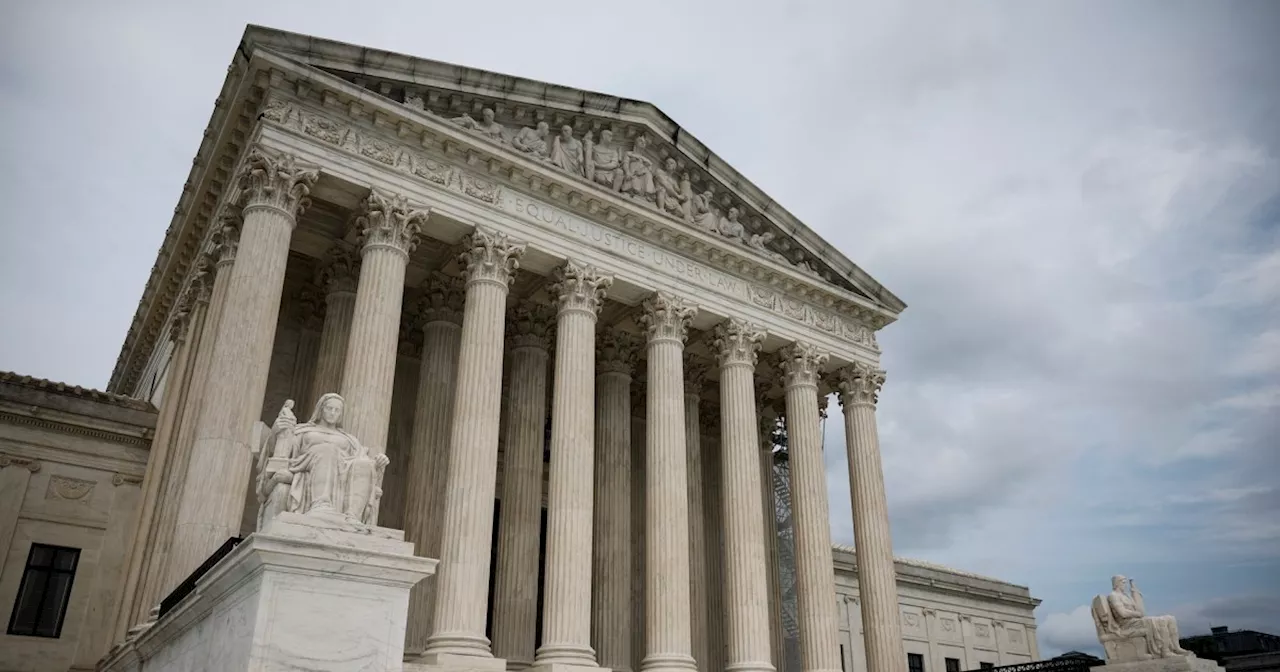A recent ruling by the U.S. Court of Appeals has permitted the Republican Party to enact significant funding cuts to Planned Parenthood. The decision comes as part of a broader effort to limit federal support for organizations that provide reproductive health services. This ruling marks a pivotal moment in the ongoing debate over healthcare funding in the United States.
The court’s decision allows states to exclude Planned Parenthood from their Medicaid programs. This move could impact millions of individuals who rely on the organization for essential services, including cancer screenings, contraception, and preventive care. Proponents of the ruling argue it aligns with their goal to redirect funds to other health service providers, while critics warn it jeopardizes access to necessary healthcare for vulnerable populations.
The implications of this ruling extend far beyond Planned Parenthood. According to estimates, approximately 2.4 million individuals utilize the services offered by the organization each year. Many of these clients are low-income women who depend on Medicaid for their healthcare needs. The cuts could lead to increased healthcare disparities, particularly in rural areas where alternative providers may not exist.
The decision follows a series of legislative efforts by the GOP to defund Planned Parenthood, which they assert uses federal funds for abortion services, despite federal law prohibiting the use of these funds for such purposes. This legal battle has been ongoing for several years, with various courts weighing in on the matter.
In response to the ruling, Alexis McGill Johnson, the President and CEO of Planned Parenthood, stated, “This decision is a dangerous step backward for our healthcare system and for the millions of people who depend on us.” Johnson emphasized the organization’s commitment to fighting for access to reproductive healthcare and vowed to explore all legal options to challenge the ruling.
As states begin to implement these cuts, the federal government faces mounting pressure to address the potential fallout. Healthcare advocates are calling on lawmakers to protect funding for essential health services that many Americans rely on. With March 2024 marking a critical period for these discussions, the future of reproductive healthcare funding remains uncertain.
The ruling and its potential consequences highlight the ongoing polarization within U.S. politics regarding healthcare access and reproductive rights. As the situation develops, it will be crucial to monitor how these changes affect healthcare accessibility for millions across the nation.
